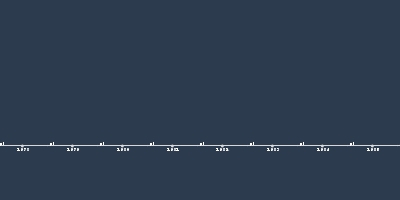jan 1, 1972 - National Black Politcal Convention
Description:
Black Power also inspired African Americans to work within the political system. By the mid-1960s, black residents neared 50 percent of the population in several major American cities — such as Atlanta, Cleveland, Detroit, and Washington, D.C. Black Power in these cities was not abstract; it counted in real votes. Richard Hatcher in Gary, Indiana, and Carl Stokes in Cleveland, Ohio, became the first black mayors of large cities in 1967. Hatcher and Stokes helped forge a new urban politics, registering new black voters and forging alliances with white constituencies to create a working majority. Stokes’s victory seemed particularly auspicious. As one of his campaign staffers said: “If Carl Stokes could run for mayor in the eighth largest city in America, then maybe who knows. We could be senators. We could be anything we wanted.”Having met with some political success in a growing number of cities, black leaders gathered in Gary for the 1972 National Black Political Convention. In a meeting that brought together radicals, liberals, and centrists, debate centered on whether to form a third political party. Hatcher recalled that many in attendance believed that “there was going to be a black third party.” In the end, however, delegates decided to “give the Democratic Party one more chance.” Instead of creating a breakaway party, the convention issued the National Black Political Agenda, which called for community control of schools in black neighborhoods, national health insurance, and the elimination of the death penalty, among other objectives.
The National Black Political Agenda did not gain traction within the Democratic Party, but African Americans increasingly entered mainstream political institutions. By the end of the century, black elected officials were commonplace in major American cities. There were forty-seven African American big-city mayors by the 1990s, and blacks had led most of the nation’s most prominent cities: Atlanta, Chicago, Detroit, Los Angeles, New York, Philadelphia, and Washington, D.C. These politicians and others had translated black power into a revitalized liberalism, which remains a defining feature of American urban government.
Added to timeline:
Date:
jan 1, 1972
Now
~ 53 years ago
